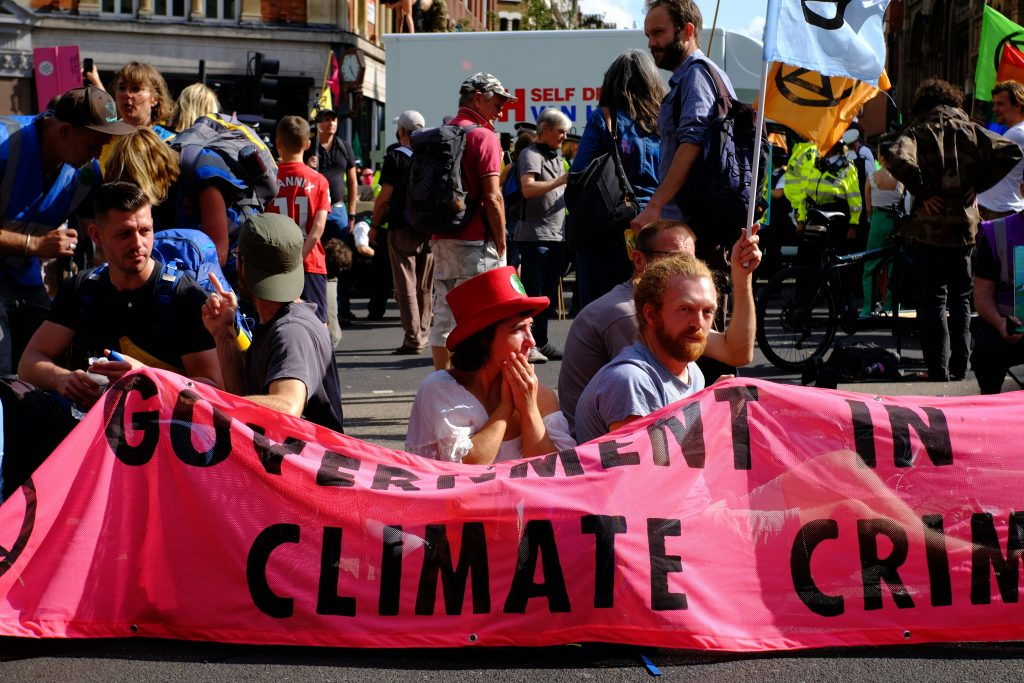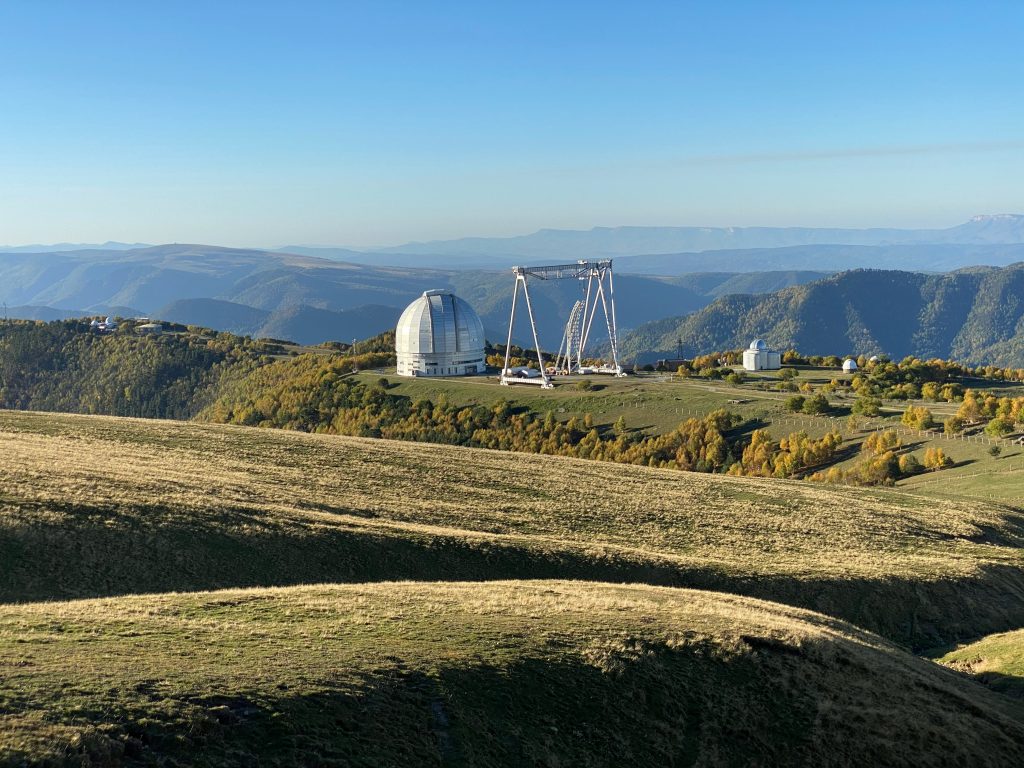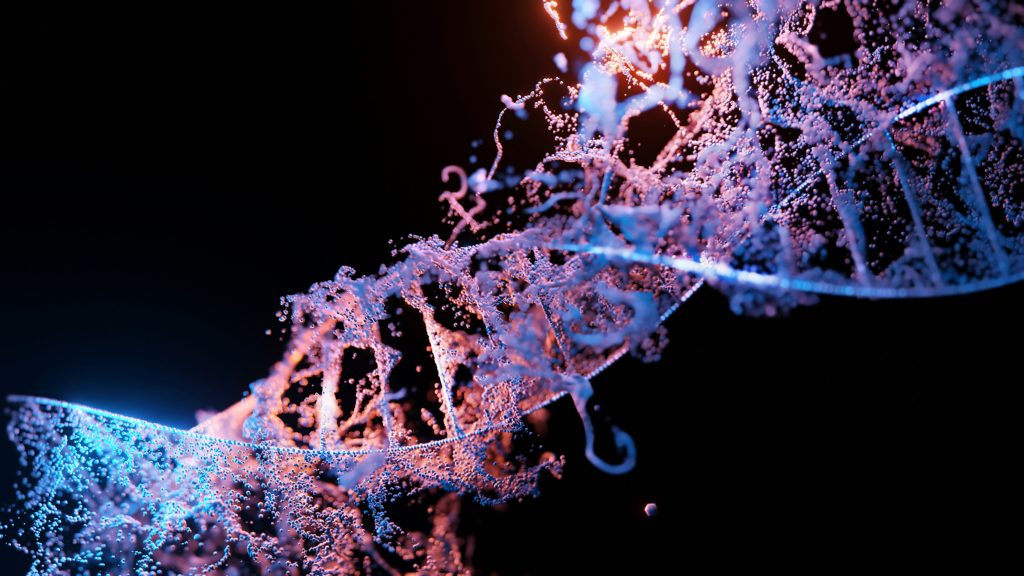Climate change is not a distant threat—it’s a reality unfolding across the planet today. Driven by the rise in greenhouse gases such as CO₂ and methane, Earth’s climate is warming at an unprecedented rate, disrupting natural systems and posing challenges to life everywhere.
One of the most visible effects is the melting of polar ice caps and glaciers. This contributes to rising sea levels, which threaten coastal cities and small island nations. Warmer oceans also lead to more frequent and intense hurricanes, floods, and droughts, reshaping weather patterns and affecting millions of lives.
Ecosystems are under immense pressure. Coral reefs are bleaching due to higher water temperatures. Forests are facing increased wildfires and pest outbreaks. Many species are being forced to migrate or face extinction as their habitats become uninhabitable.
Climate change is also affecting agriculture and food security. Shifts in rainfall and temperature impact crop yields, while extreme weather events can destroy infrastructure and disrupt supply chains.
The biodiversity crisis is deeply linked to climate change. As environments shift, species interactions are disrupted, leading to ecosystem imbalances. This affects not just wildlife, but also human livelihoods, especially in communities that rely directly on nature.
However, there is hope. Scientific innovation, renewable energy, and international climate agreements are steps toward mitigation. But urgent action is needed—from reducing carbon emissions to protecting natural habitats and investing in climate-resilient infrastructure.
In conclusion, climate change is a global issue that requires immediate and collective effort. Understanding its impact on natural systems is the first step toward creating a sustainable and resilient future for all life on Earth.



